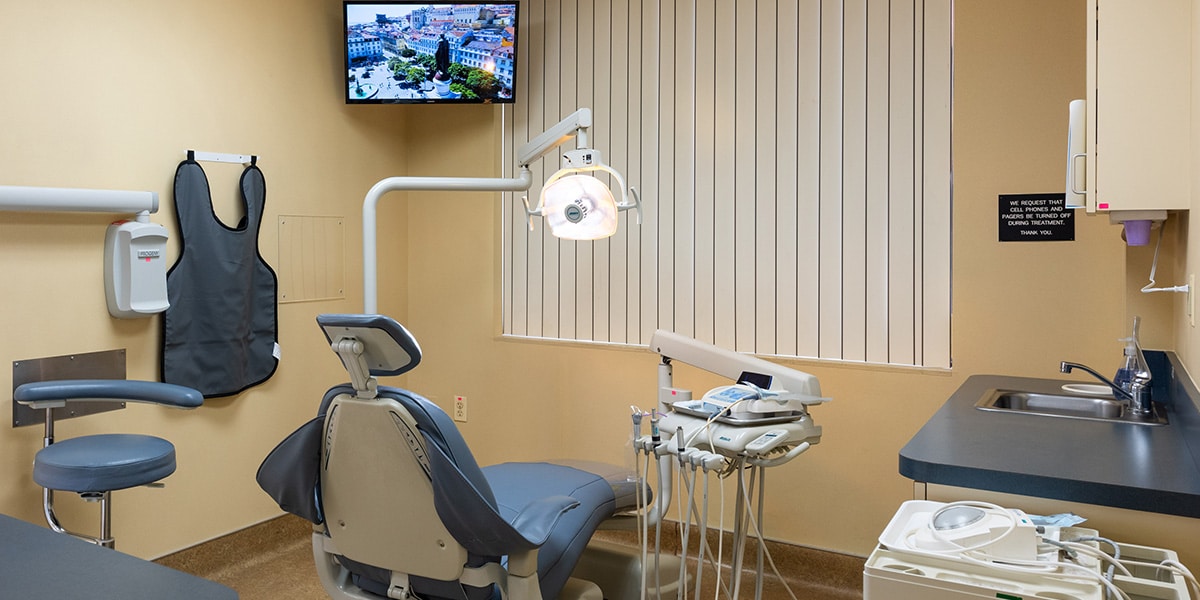
Towson Endodontics performs root canal therapy in Towson, MD. Call 410-321-5700 to learn more about root canal procedures and to schedule an appointment.
What Is Root Canal Therapy?
Root canal therapy is a dental procedure designed to treat infection or inflammation in a tooth's pulp. It involves removing the damaged pulp, carefully cleaning and shaping the canals, and filling them with a durable biocompatible filling material to restore strength and function. This treatment alleviates pain and preserves the natural tooth, eliminating the need for extraction or expensive replacement options and preventing tooth loss.
Benefits of Root Canal Therapy
- Preserves your tooth: Root canal therapy prevents the need for removal and replacement by treating the infection and saving the natural tooth.
- Restores oral health: It effectively eliminates dental infection, allowing your teeth to function properly and helping you maintain overall oral health while preventing further infection and bone loss.
- Long-lasting solution: With proper care, a tooth treated with a root canal can last a lifetime, making it a reliable investment in your dental well-being. Root canal procedures are highly successful with most patients experiencing complete healing.
- Advanced technology: At Towson Endodontics, we use state-of-the-art technology, including microscope-assisted treatment and CBCT imaging, for precise and efficient outcomes.
- Comfort-first approach: We create a welcoming and supportive environment to ensure your experience is as smooth as possible. Your comfort is one of our top priorities.
Why Choose Towson Endodontics
At Towson Endodontics, our team of highly skilled specialists brings decades of experience to every patient. Our commitment to excellence is supported by cutting-edge technology, including 3-D CBCT imaging and microscope-assisted treatment, promoting precise diagnoses and successful outcomes.
Patient care is at the heart of what we do. From the moment you call, we prioritize your comfort with sincere communication and convenient same- or next-day appointments. With a legacy of excellence recognized by Baltimore Magazine as one of the Top Dentists since 2010, we deliver seamless, patient-centered care every step of the way.
Procedures Offered
Non-Surgical Root Canal Therapy: This is our most common procedure. It entails cleaning, shaping, and sealing the tooth’s root canals to save your natural tooth and restore its function.
Endodontic Retreatment: When a previously treated tooth becomes reinfected or symptoms persist, we provide specialized retreatment to address the issue and save the tooth.
Treatment for Cracked Teeth and Traumatic Dental Injuries: We provide endodontic treatment for teeth damaged by trauma, cracks, or injury to preserve the tooth and prevent further infection.

